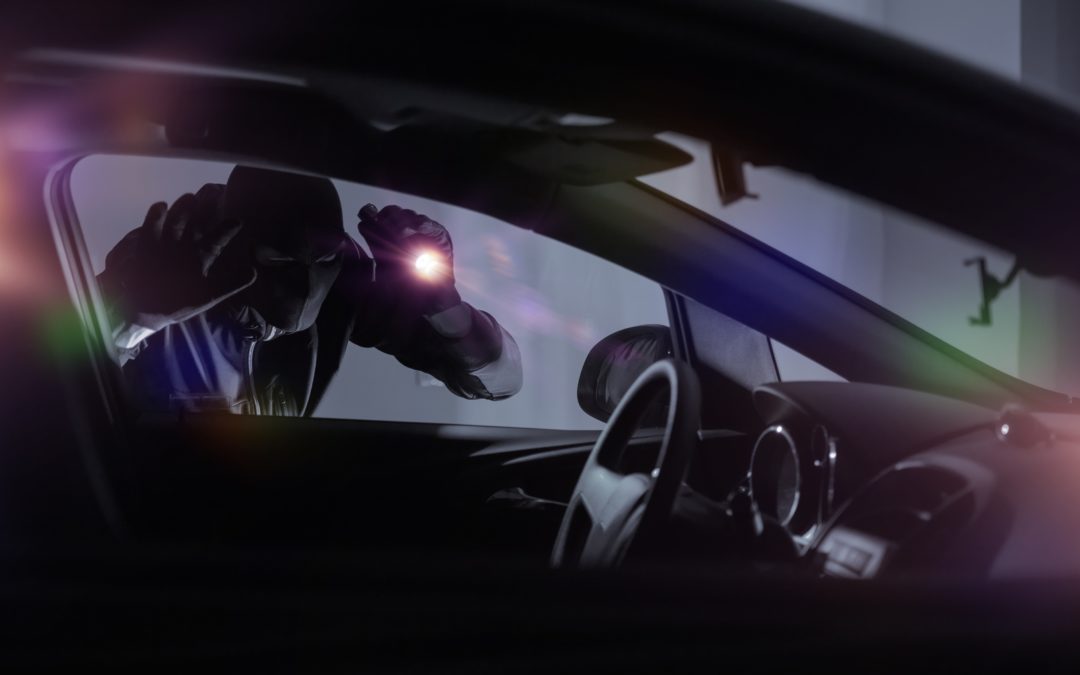Car theft is a real concern for Utah citizens. In fact, SLCPD documented 1,952 cases in 2017 alone. And the UPD reported 68 stolen cars in just April of this year. That’s a lot, nearly two times the national average (according to an article by Fox News). Luckily, the return rate is fairly high, with about 90% of motor vehicles finding their way back to their owners.
However, if you read about Sarah Michelson in last week’s blog, you know that isn’t the end of the story. Situations like Sarah’s demonstrate what police have said for years: once returned, it’s important to get your car tested for meth. Neglecting that step can put you and your family at undue risk.
Who Regulates Vehicle Decontamination?
Generally speaking, the police won’t test for any kind of contamination. The only exception is when they want specific evidence, which is rare. Even then, they won’t provide decon services. Actually, there’s no state or federal requirement for stolen cars and meth, or removing meth from cars in general – even if there should be.
You won’t find a lot of research on this topic either. Don’t worry, though, because we can still draw some logical conclusions to ensure the effective removal of methamphetamine. For instance, Utah’s decontamination standard is 1.0µg/100cm². In other words, a property that tests above this rating is not safe for entry. So, we can assume that if a car tests above this rating, it isn’t safe for entry either.
We can also argue, logically, that this threshold should be even more stringent for vehicles based on conditions inside your car’s cabin. These include greater contact with surfaces and porous materials, more confined space, and air circulation systems which cycle and re-cycle air.
These factors all increase the chances of exposure to a substance like residual meth. As such, we recommend the following to make sure your driving environment is as safe as possible:
- Decontaminating to a non-detect standard or as little meth as possible.
- Seeking individual consultation from a company with experience in vehicle decontamination.
- Contacting your insurance company before making any significant decisions. (They may have policies in place to deal with stolen cars, and may pay for some or all of this process).
And remember – you are solely responsible for initiating testing and decontamination of your vehicle. But of course, that’s a lot to manage on your own, so don’t be afraid to ask for help. Call a Certified Decontamination Specialist in your area for more information.
Insurance Companies and Meth Cars
Your policy will determine what assistance your insurance company can offer. Sometimes that will entail full meth removal. Another possible scenario is your agent deeming the car totaled from chemical contamination.
In our experience, insurance companies total about 25% of meth cars. Should that happen, you’ll have the money to replace your vehicle, and they’ll send your old vehicle to auction.
But wait! Did we just say you might pick up a contaminated car at an auction? Oh yes, that’s exactly what we said. Sit tight, because we’ll be covering that in next week’s blog.
For now, keep in mind that when it comes to meth – you can’t judge anything based on appearances. That’s why we suggest testing stolen vehicles every time. If you’re in Utah, we can help every step of the way. Give us a call at (801) 888-6698.
Car photo created by Welcomia.

